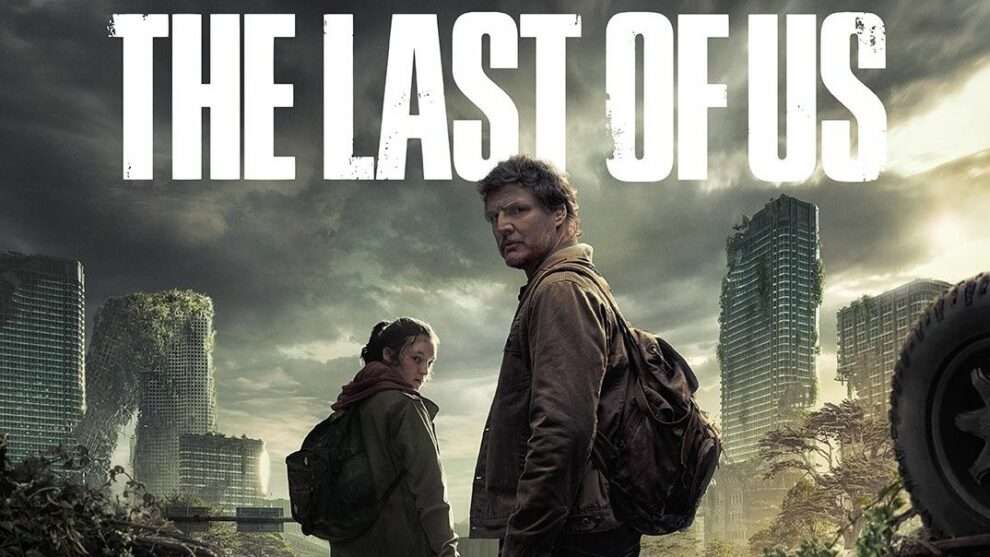Former PlayStation executive Shuhei Yoshida has revealed that he had the opportunity to play The Last of Us Online —a multiplayer spin-off from Naughty Dog’s critically acclaimed series—before it was canceled in late 2023. In an interview with Sacred Symbols+, Yoshida described the game as “great,” shedding light on what might have been one of the most anticipated live-service titles in recent years. Despite its promise, the project ultimately fell victim to Sony’s shifting priorities and concerns about the demands of maintaining a live-service game.
Known internally as Factions , The Last of Us Online aimed to expand the universe of Naughty Dog’s post-apocalyptic saga by introducing competitive and cooperative multiplayer modes. The title was intended to complement the studio’s single-player experiences while tapping into the lucrative world of live-service gaming. However, development challenges and strategic decisions within Sony led to its cancellation, leaving fans wondering how such a promising concept could falter so dramatically.
From Vision to Reality
The idea for The Last of Us Online originated at Naughty Dog itself, driven by a desire to explore new avenues within the franchise. According to Yoshida, the team was enthusiastic about creating this multiplayer experience, but they underestimated the complexity involved in developing and sustaining a live-service game. To address these challenges, Sony enlisted the help of Bungie, the renowned developer behind Destiny , a game widely regarded as a benchmark for successful live-service models.
However, Bungie’s involvement raised red flags early on. Reports suggest that the studio expressed concerns about the game’s ability to retain player engagement over extended periods—a critical factor for any live-service title. These warnings highlighted the stark contrast between Naughty Dog’s traditional focus on narrative-driven single-player games and the relentless demands of live-service development. Ultimately, the realization that pursuing The Last of Us Online would divert resources away from future projects like Intergalactic: The Heretic Prophet forced Naughty Dog to reconsider its ambitions.
Corporate Strategy Shifts
Yoshida’s comments provide insight into Sony’s broader approach to live-service games during this period. While no first-party studio was explicitly mandated to adopt the genre, there was undeniable pressure to align with corporate initiatives. As Yoshida explained, studios often viewed embracing live-service mechanics as a way to secure approval and support for their projects. This mindset reflects a larger industry trend where companies increasingly prioritize games capable of generating long-term revenue streams.
Under Jim Ryan’s leadership, Sony ambitiously pursued live-service opportunities, reportedly having more than ten such projects in various stages of development ahead of March 2026. Ryan himself emphasized the importance of live-service games in driving industry growth, likening them to a model for sustained engagement. However, the execution of these plans proved problematic, culminating in high-profile cancellations like Concord and unannounced projects at Bend Studio and Bluepoint Games.
Yoshida acknowledged the disappointment surrounding these setbacks, succinctly summarizing the situation with “Yeah, it sucks.” His remarks underscore the frustration felt by both developers and fans alike as promising ideas fail to come to fruition due to external factors.
Lessons Learned?
With the departure of key figures like Jim Ryan and Shuhei Yoshida, Sony appears to be recalibrating its strategy. Recent events, including delays and cancellations, indicate a move away from aggressive expansion into live-service territory. Instead, the company seems intent on consolidating its efforts around core franchises and ensuring quality across all releases.
This shift is evident in the latest PlayStation State of Play , which featured relatively few first-party announcements. While some may attribute this reticence to ongoing adjustments within Sony, others see it as a reflection of the broader challenges facing the gaming industry. As Yoshida noted, many companies overinvested during the pandemic, only to face harsh realities once market conditions normalized. The resulting layoffs and slowed development cycles serve as reminders of the need for sustainable growth rather than rapid expansion.
Despite these difficulties, Yoshida remains optimistic about the future of gaming. Reflecting on his own career, he spoke candidly about adapting to changing circumstances, whether transitioning roles within Sony or addressing industry-wide issues. His perspective highlights the importance of resilience and adaptability in navigating an ever-evolving landscape.
What Might Have Been
For fans of The Last of Us , the cancellation of Online represents a missed opportunity to further immerse themselves in Naughty Dog’s richly detailed universe. Although glimpses of the game suggest it held immense potential, its untimely end leaves questions unanswered and dreams unrealized. Nevertheless, Yoshida’s praise offers solace, affirming that the effort invested in its creation bore fruit—even if only briefly.
As Sony refines its approach to live-service games and reevaluates its commitment to ambitious projects, the legacy of The Last of Us Online serves as both a cautionary tale and a testament to creative ambition. Its story reminds us that even the best-laid plans can falter when faced with unforeseen obstacles—but also that innovation thrives in the pursuit of excellence, regardless of outcome.
In the end, the true measure of success lies not in what was achieved, but in the lessons learned along the way. For Naughty Dog, Sony, and the wider gaming community, The Last of Us Online stands as a poignant reminder of the delicate balance between artistry and commerce—and the enduring power of imagination to inspire, even in failure.
















Add Comment